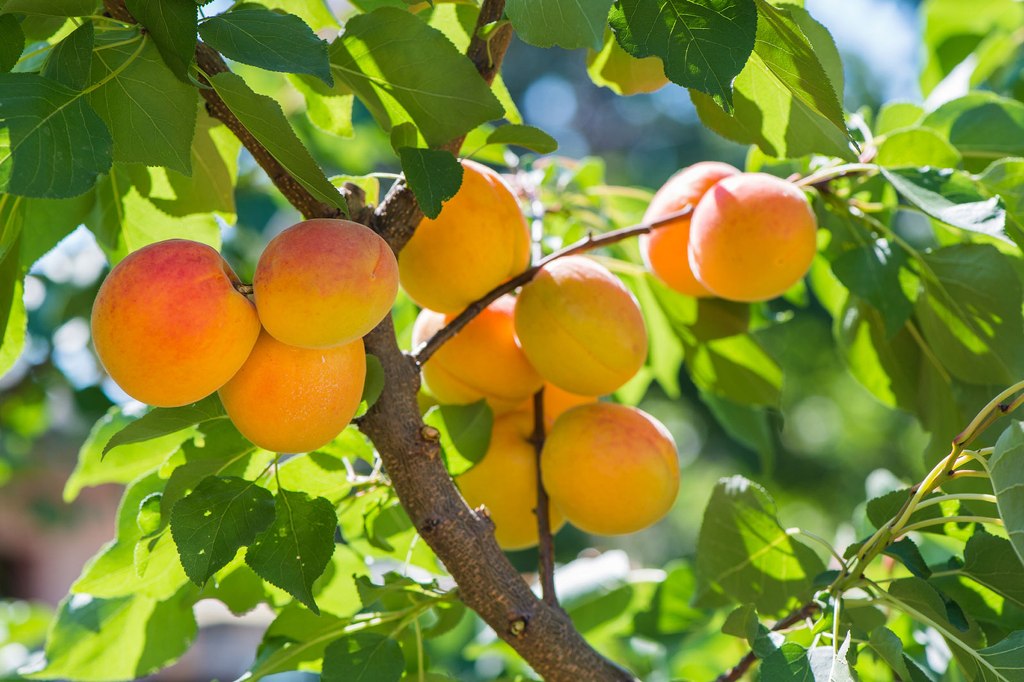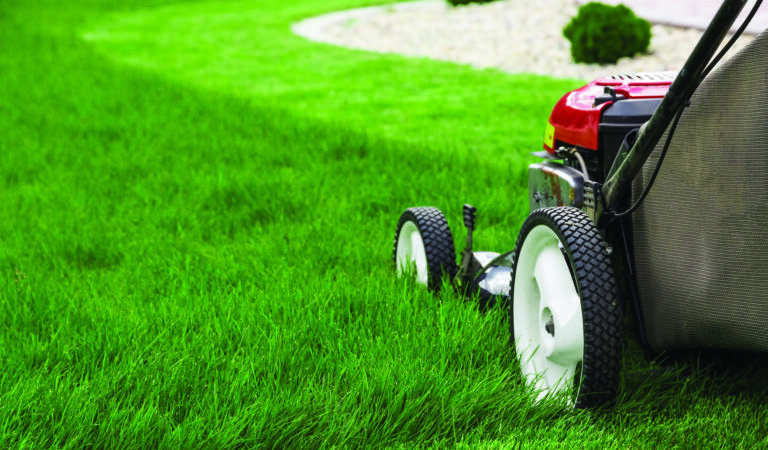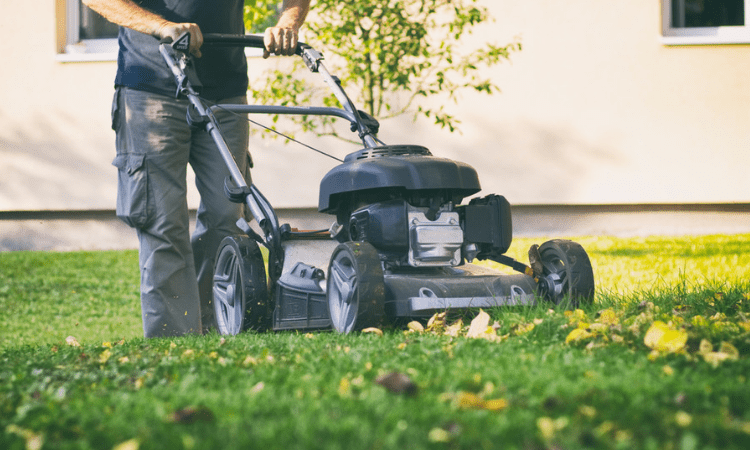How to Grow and Care for Apricot Fruit Tree

An apricot is a fruit or the tree that bears the fruit of a few species in the genus Prunus (stone fruits). Normally, an apricot tree is from the species P. Armeniaca. Yet, the species P. Brigantine, P. Mandshurica, P. Mume, P. Zhengheensis, and P. Sibirica are firmly related, have similar fruit, and are additionally called apricots. One of the most adaptable fruits, it is ensured that the apricot was at first evolved in China, till the Persians discovered it. There’s also a challenge that began in Armenia since the fruit has been cultivated there since ancient times. It was where the fruit found its way to the Mediterranean that its genuine reputation got noticeable. The Spanish explorers are given credits for familiarizing apricots with the Americas, where today it thrives.
Additionally, there’s another perspective that ensures that the apricot was developed in India way back in 3000BC. Believe it or not, it’s as celebrated raw as it is cooked. The dried variation of this fruit is all around cherished Countries, for instance, Turkey, Italy, Russia, Spain, Greece, the USA, and France are seen as the primary producers of apricots. The little hairs on the outer skin credit a sensitive fluffy surface, and can be eaten without being peeled. It’s said that 100 grams of new apricots give you 12% of vitamin C, 12% of vitamin A, and 6% of potassium required by the body –all this under less than 50 calories.
Nutritions in Apricots
- Energy – 16.8 calories
- Protein – 0.49 g
- Fat – 0.14 g
- Carbohydrates – 3.89 g
- Fiber – 0.7 g
- Sugars -3.23 g
- Calcium – 4.55 milligrams (mg)
- Iron – 0.14 mg
- Magnesium – 3.5 mg
- Phosphorus – 8.05 mg
- Potassium – 90.6 mg
- Sodium – 0.35 mg
- Zinc – 0.07 mg
- Copper – 0.03 mg
- Selenium -0.04 micrograms (mcg)
- Vitamin C -3.5 mg
- Thiamine – 0.01 mg
- Riboflavin – 0.01 mg
- Niacin -0.21 mg
- Vitamin B-6 – 0.02 mg
- Vitamin A – 33.6 mcg
- Beta-carotene – 383 mcg
- Vitamin E – 0.31 mg
- Vitamin K – 1.16 mcg
Benefits of Apricots

Scientifically called Prunus armeniaca, apricot is loaded with nutrients. While vitamin A in the fruit helps eye wellbeing and immunity, the fiber deals with stomach related problems. The fiber does well to your heart by managing the degrees of blood pressure and cholesterol. Let’s read about the benefits in detail.
1. Apricots boost stomach health
The soluble fiber in the fruit advances healthy bowel movements as it adds bulk to the stools. The fiber additionally separates the unsaturated fats quickly, and this improves processing. The fiber in the organic product additionally deals with other stomach related problems like constipation and bloating.
2. High In Antioxidants
Apricots are an incredible source of numerous antioxidants, including beta carotene and vitamins A, C, and E.
Also, they are high in a group of polyphenol antioxidants called flavonoids, which have been appeared to ensure against ailments, including diabetes and coronary illness. The fundamental flavonoids in apricots are chlorogenic acids, catechins, and quercetin.
These compounds work to kill free radicals, which are harmful compounds that harm your cells and cause oxidative stress. Oxidative stress is connected to obesity and numerous chronic diseases, for example, heart disease.
3. Good Source Of Vitamin A
Apricots are packed with Vitamin A, which is otherwise called retinol. It’s fat-soluble, and aides in the upgrade of vision. And, it keeps a check of the immune system in check, protecting your skin all the while. Retinol and Beta Carotene (additionally present in apricots) likewise diminish the odds of you developing a genuine eye-related problem called Neovascular ARMD. This age-related macular degeneration causes loss of vision throughout the years.
4. Strengthen Your Bones
Calcium is highly required in the formation and advancement of bones, and apricot has loads of it. What’s additionally intriguing to take note of is that without enough potassium in the body, the calcium isn’t assimilated and discarded consistently. And, fortunately, the apricot has them two.
5. Good For Blood
Any plant product that contains iron has non-heme iron, and that includes apricot. This sort of iron takes as much time as is needed to be consumed by the body, and the more it remains in the system, the better your chances of forestalling anemia. It’s suggested to take some vitamin C alongside it to guarantee a better absorption of the non-heme iron.
6. Soil Requirements
Plant apricots in well-drained loamy soil. Apricots do not like wet roots. Apricots thrive best in neutral or slightly alkaline soil with a soil pH range of 6.7 to 7.5.
Water Requirements

The apricot tree requires a lot of water to flourish. As a genuinely thirsty tree, the soil preparation is critical for growing a fruitful apricot tree. The soil should be well-drained yet additionally great at holding water to support the tree’s hunger for moisture.
Light
Apricot trees require a lot of sunlight to generate energy to develop fruits. They ought to be planted in a place that will permit a few hours of sunlight every day, particularly when the trees are young and small and might fall into the shade of walls, fences, or different trees.
Temperature
Apricot trees like to grow in climates with warm springs and summers, so they develop well in most western areas. Most varieties of apricot trees are cold hardy, yet they are early bloomers; thus, the blossoms can be antagonistically influenced by late frosts. If you are in a locale that is probably going to encounter late frosts, at that point, you should play it safe.
How To Grow Apricots In The Garden
When you are contented with your soil, you can plant your apricot tree by burrowing an opening double the size of the root ball. Lower the tree into the ground and spread it over with more well-drained soil. Water the root ball intensely from the start and proceed with steady watering as the tree develops. Heavy watering is fundamental for young trees as they work to get established. Other periods when extensive watering will help the tree is as the fruits begin to come and before the appearance of a drought period.
Apricot trees can be pruned to make an appealing shape, just as to keep the tree healthy. In any case, the fruits develop on small shoots on old wood or shoots from the past summer, so it’s critical to take care when pruning so as not to evacuate stalks that would carry fruit later on accidentally. Pruning us best acted in early spring or August.
Apricots most likely originated in Armenia, and they have likewise been developed for a large number of years in parts of China. At present, most commercial apricots are developed in the Central Valley of California, albeit Southern Australia likewise has a critical creation. To flourish and generate fruit, apricot trees should be planted in an area that doesn’t have extensive stretches of frigid climate or late frost. Nevertheless, the fruit doesn’t develop unless the trees get a base number of chill hours, for the most part, somewhere in the range of 500 and 1000. Chilling hours are the number of hours the tree spends in temperatures between 32º and 45º (Oº and 7.2ºC) after the tree has lost its leaves in the fall.
A new apricot tree expects three to four years before it will develop fruits. These early years are the point at which the tree is developing foliage. You don’t need the tree to fruit since fruit production will debilitate the rest of the tree’s development in the first few years. On the off chance that you notice any blossoms showing up, expel them to keep them from delivering fruits.
Apricots are wonderful fruits stuffed with nutrients, fiber, and antioxidants. They have numerous advantages, including improved eye, skin, and gut wellbeing. Planting apricot trees at home is also very simple. If you have the right soil and temperature you should definitely try to grow apricots at your gardens.





